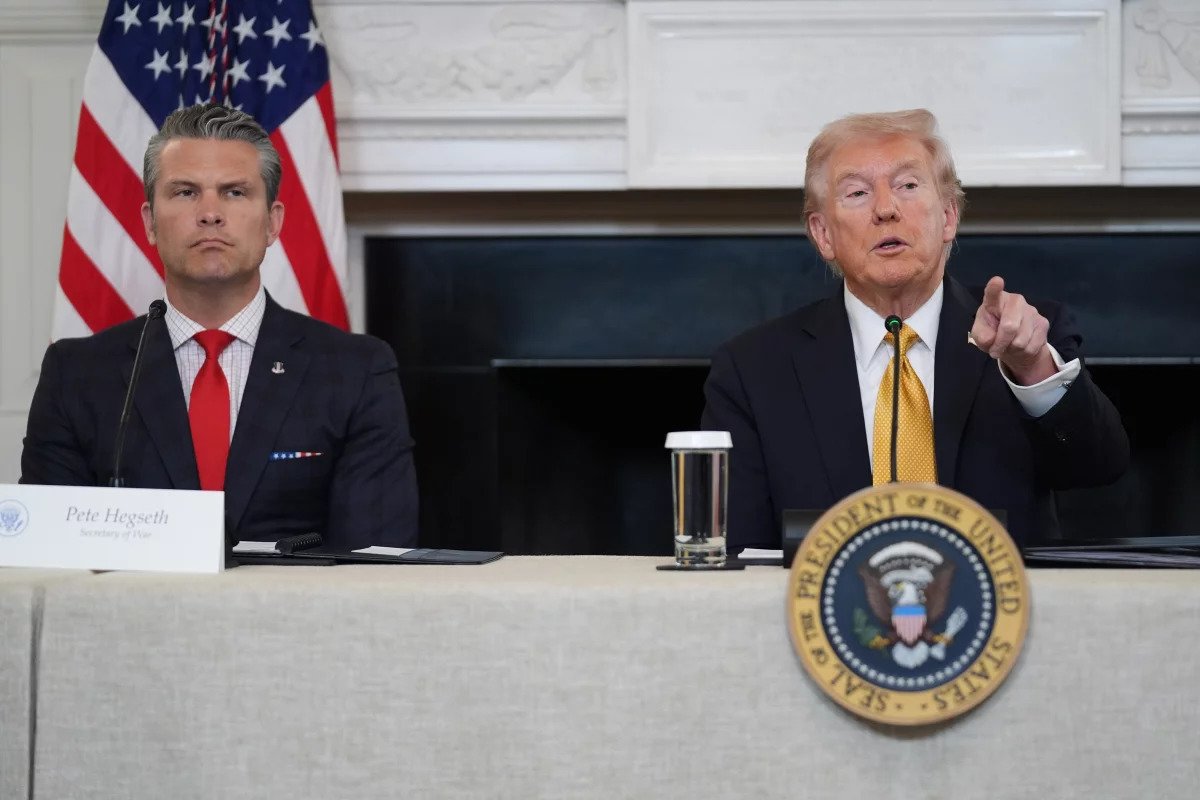
U.S. Military Conducts Lethal Strike in Caribbean to Disrupt Drug-Smuggling Network
Defense Secretary Pete Hegseth confirms three killed in latest operation as part of President Trump’s intensified campaign against narcotics trafficking
The U.S. military carried out a lethal strike on a vessel in the Caribbean Sea that was allegedly transporting narcotics for a U.S.-designated terrorist organisation, Defence Secretary Pete Hegseth announced.
Three individuals were killed and no U.S. forces were harmed, according to the announcement.
As of this operation, the Trump administration has executed at least fifteen maritime operations in the Caribbean and eastern Pacific since early September, bringing the acknowledged death toll to sixty-four.
Hegseth said the targets were involved in illicit narcotics smuggling and described them as “narco-terrorists” operating on routes that feed deadly drugs into the United States.
President Donald Trump has framed this campaign as an armed conflict with drug cartels, citing the same legal authorities used in past counter-terror operations.
The White House has declined to release full details about the groups targeted or the legal basis for the strikes, despite calls from U.S. lawmakers for transparency.
Senate Democrats, including Minority Leader Chuck Schumer, have demanded disclosure of the administration’s legal rationale and a list of cartels deemed targetable.
They cited concerns over selective information and inconsistent briefings.
The Caribbean strike signals the administration’s expanding willingness to deploy U.S. military force offshore to counter narcotics flows.
While the government presents the action as a necessary escalation, many legal experts and international observers are calling for clearer justification and adherence to domestic and international law.
This latest operation underscores the administration’s determination to stem drug-related harm in the U.S. and asserts a broader vision of homeland defence extending to maritime interdiction.
The outcome of this strategy and its implications for regional cooperation and maritime law remain under scrutiny.
Three individuals were killed and no U.S. forces were harmed, according to the announcement.
As of this operation, the Trump administration has executed at least fifteen maritime operations in the Caribbean and eastern Pacific since early September, bringing the acknowledged death toll to sixty-four.
Hegseth said the targets were involved in illicit narcotics smuggling and described them as “narco-terrorists” operating on routes that feed deadly drugs into the United States.
President Donald Trump has framed this campaign as an armed conflict with drug cartels, citing the same legal authorities used in past counter-terror operations.
The White House has declined to release full details about the groups targeted or the legal basis for the strikes, despite calls from U.S. lawmakers for transparency.
Senate Democrats, including Minority Leader Chuck Schumer, have demanded disclosure of the administration’s legal rationale and a list of cartels deemed targetable.
They cited concerns over selective information and inconsistent briefings.
The Caribbean strike signals the administration’s expanding willingness to deploy U.S. military force offshore to counter narcotics flows.
While the government presents the action as a necessary escalation, many legal experts and international observers are calling for clearer justification and adherence to domestic and international law.
This latest operation underscores the administration’s determination to stem drug-related harm in the U.S. and asserts a broader vision of homeland defence extending to maritime interdiction.
The outcome of this strategy and its implications for regional cooperation and maritime law remain under scrutiny.












